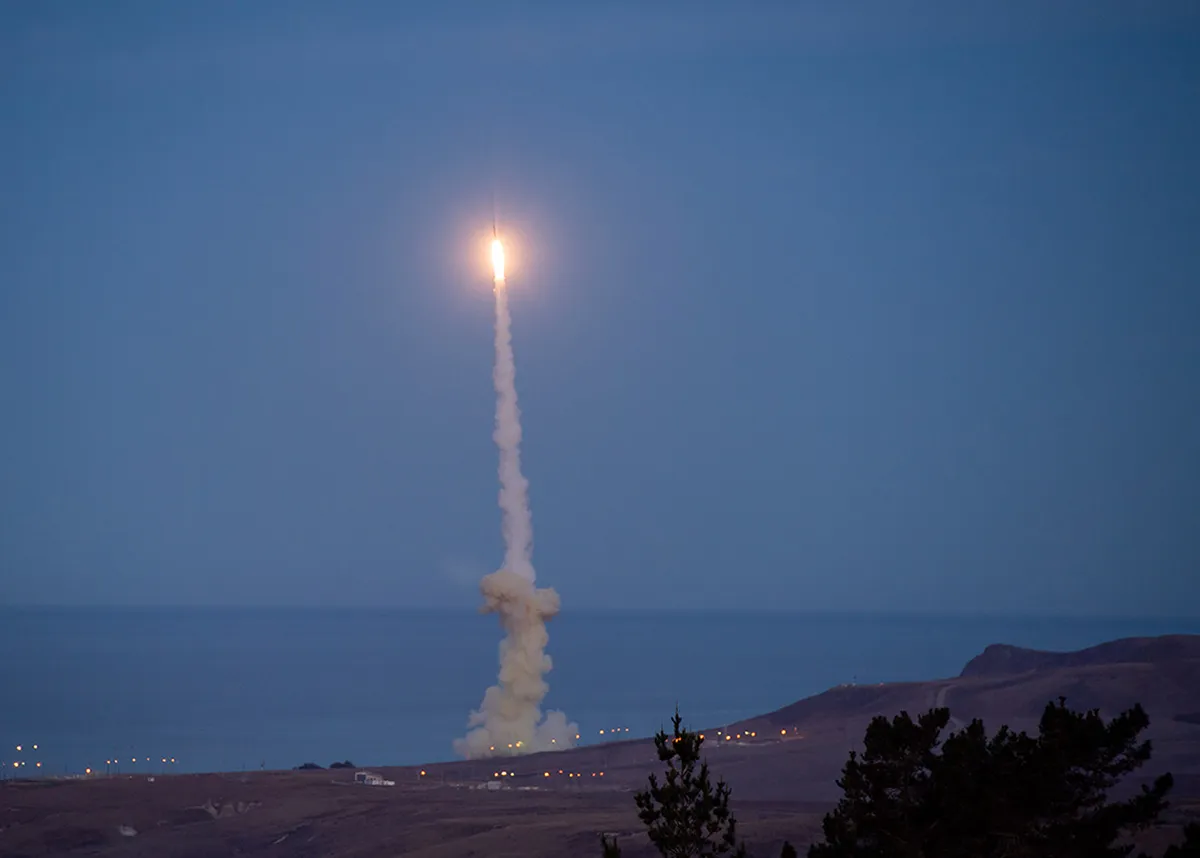On December 29, 2022, Benjamin Netanyahu returned to power and began his sixth term as Prime Minister of Israel. Netanyahu — a polarizing figure who is currently under indictment for corruption — is at the helm of what has been described by several observers as the most far-right government in Israeli history. The coalition includes what were once fringe political parties or politicians who, in some cases, now hold key portfolios in the Cabinet. These developments have concerned not only some Israelis themselves but also some of Israel’s key allies in the region and beyond. Of particular worry is the potential for significant internal tensions in Israel proper and the occupied West Bank. Indeed, the Israeli Minister of National Security’s recent provocative visit to the Temple Mount and Al-Aqsa Mosque on January 3 did not do much to assuage these fears.
This rightward shift comes in the midst of Israel’s increasing diplomatic, economic and military integration in the region, something that the country has long sought (and that some Arab states themselves have come to desire more recently). The 2020 Abraham Accords brought Israel peace with and formal recognition by Bahrain, the UAE, Morocco and Sudan. These accords follow Israel’s peace treaties with Egypt (1979) and Jordan (1994). The Abraham Accords have been followed by Arab states’ unprecedented willingness to build relations with Israel across various domains. Alongside the agreements came the first steps in the normalization of diplomatic relations, economic deals, and increasing military cooperation and integration, particularly vis-a-vis the perceived shared threat posed by Iran. Besides the six countries that have formally made peace with Israel, there have been reports of even Saudi Arabia’s involvement in the aforementioned cooperative military efforts. This has come in addition to Riyadh’s historic agreement to allow Israeli overflight that was announced in July 2022. However, the Saudi government has maintained that the Palestinian issue must be resolved before it will make peace with Israel.
So, what might the new Israeli government mean for both Israel’s relations with close regional allies Egypt and Jordan and its ongoing efforts to build relations with key Gulf states? Israel has long-standing security, intelligence and military ties with Jordan and Egypt, including some aspects that pre-date the formal peace treaties. This is a dynamic that the populations of both countries generally do not support. During Netanyahu’s previous stint as PM, ties with both countries trended negatively — something that the previous Israeli government under Naftali Bennet and Yair Lapid tried to reverse.
Upon Netanyahu’s latest triumph and the ensuing jockeying that is part of the Israeli government formation process, the leaders of Jordan and Egypt both issued strong warnings to Israel against taking extreme actions. King Abdullah II of Jordan particularly warned of “red lines” in Jerusalem that Israel should not cross concerning the Hashemite Kingdom’s custodianship of the Muslim and Christian holy sites in the city. Egyptian President Abdel Fattah El-Sisi cautioned Netanyahu against taking “inflammatory measures” in the first call he made to the new Israeli PM. It is clear that both relatively long-standing regional allies are concerned about where things might go moving forward and are on alert. As such, this sets the stage for potentially significant tensions depending on how far to the right Netanyahu is pushed by the more extreme elements of his coalition when it comes to matters concerning Jerusalem or the broader Palestinian issue. For instance, the new Israeli government has pledged to continue expanding settlements in the West Bank that are illegal under international law and to eventually annex the territory, and there are individuals in key portfolios who are well-positioned to make this happen. While Egypt and Jordan maintain long-standing peace agreements, the potential for significant bilateral strains with Israel over such issues cannot be understated. This is particularly the case for neighboring Jordan. The Hashemite Kingdom has a significant national security stake in an eventual Arab-Israeli peace because of the sizeable ethnic Palestinian segment of its population and corresponding domestic demographic-related tensions that have persisted since its civil war ended in 1971.
In terms of the still-nascent efforts Israel is undertaking with respect to its four “new” peace partners, the prospects for tensions are likely even greater. These bilateral ties are much less robust and more tenuous than those with Egypt and Jordan and lack such long-standing relationships that can help weather the ebbs and flows of political tensions. Bahrain and the UAE both conveyed their intent to work with the new Israeli government while also expressing concern about its extremist elements. More recently, statements from the countries strongly condemned the January 3 visit to the Temple Mount/Al-Aqsa Mosque, with the UAE calling for a UN Security Council meeting to discuss the incident. Netanyahu’s planned visit to the UAE last week was postponed for “logistical issues,” though a senior delegation did travel to the UAE for talks related to the upcoming Negev Summit. As stated previously, Israel has long been eager to gain the acceptance of its regional neighbors, so pressure from these newer partners could serve to raise the stakes for Netanyahu, encouraging him to reign in his coalition’s extremist impulses. Of course, such elements could then withdraw from the coalition, which would potentially bring the collapse of the Israeli government and trigger a new round of elections. For the four Abraham Accords countries, the extremist elements of the new Israeli government may complicate their efforts to pursue and, more significantly, justify the continued expansion of bilateral and multilateral ties with Israel. The dynamics on both sides, then, threaten to derail the progress made since 2020.



